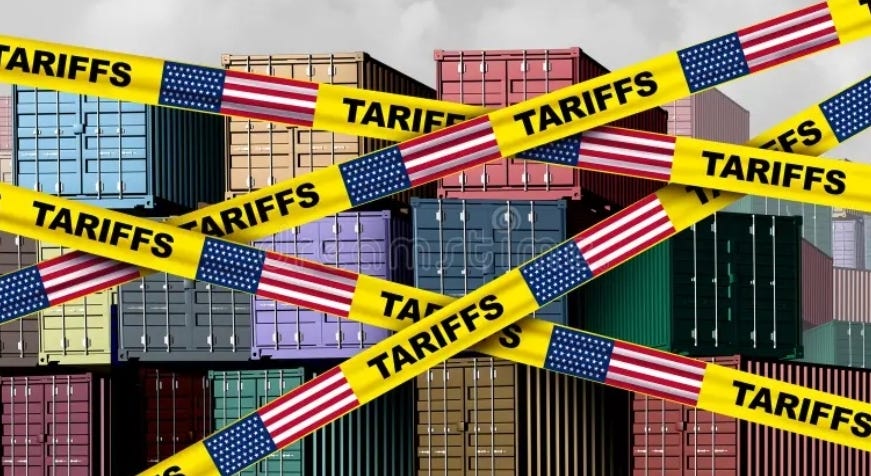BC's Fiscal Crisis and the Threat of Economic Vulnerability
How record deficits leave us vulnerable in Trump's trade war era.
In an uncertain global economy, British Columbia finds itself walking a financial tightrope. With an $11 billion deficit that's projected to balloon to a staggering $208 billion over the next three years, we're facing a perfect storm of fiscal irresponsibility just as international trade relationships crumble around us.
The timing couldn't be worse. As D…



